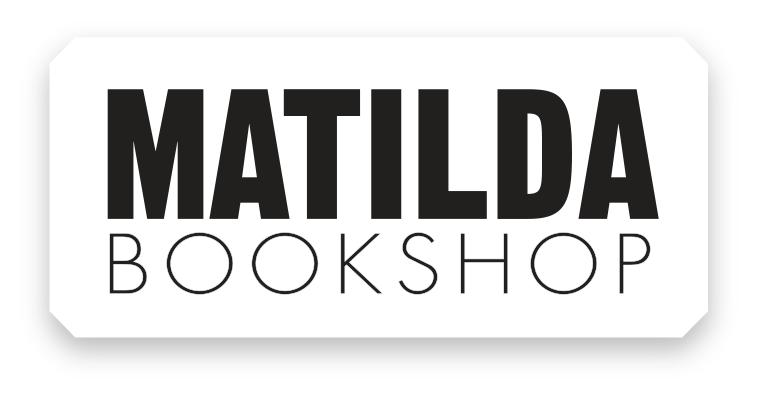
AUTHORS
Rachael Mead Q&A
Purchase The Application of Pressure here
Bio:
Rachael Mead is a novelist and poet living in the Adelaide Hills. Aside from her debut novel The Application of Pressure, she is also the author of four collections of poetry, including The Flaw in the Pattern (UWAP 2018).
Can you briefly outline your debut novel, The Application of Pressure?
Tash and Joel are both paramedics working on Adelaide’s medical frontline and the book follows their careers over a couple of decades, from their time as trainees in the late 1990s to the turn of 2020. With their regular workday being a supercut of the worst moments of other people’s lives, they maintain their sanity through a friendship built on a bedrock of black humour and mutual respect. But constant exposure to trauma begins to take its toll and both characters experience moments of work-related crisis. Joel witnesses a particularly harrowing incident, while for Tash, it’s the relentless exposure to trauma which threatens to destabilise her health and relationships.
What was the starting point for the writing of this book, and did it take you anywhere unexpected?
My husband has worked for the South Australian Ambulance Service for the last 23 years and you don’t have to attend many dinner parties to realise that people are absolutely fascinated by paramedics. Everything about the job seems to inspire curiosity. And it’s not just the lurid appeal of gory cases like gunshot wounds or vehicle accidents. It’s the fact that paramedics get to see behind the scenes of other people’s lives and have access to places that remain hidden from the rest of us. So, being a writer married to a paramedic, writing about his work seemed an obvious choice.
Why did you choose to write this story as fiction rather than non-fiction?
I didn’t even consider writing it as non-fiction. While I’d have my husband’s permission and cooperation to write about his work, you can’t write about paramedics without also writing about patients. Ethically, that felt like an intrusion and something I couldn’t do. So, while many of the stories that make up The Application of Pressure are based on real-life situations, I’ve fictionalized all the identifying details to protect the privacy of the people whose health problems are at the heart of the stories.
Do you have a favourite passage, chapter, section, or character in The Application of Pressure?
I don’t have a sense of smell so writing about scent is quite a challenge! Readers have told me they relish how visceral the smells are in the book, which is very satisfying as it makes me feel as if I’ve nailed a particularly difficult test.
You are a (brilliant) poet with several published poetry collections under your belt—how did you approach writing this story, your first novel?
I didn’t approach it as a novel at all! Coming from poetry, I was a complete amateur when it came to writing prose. My first mistake was thinking that writing short stories would be easier than tackling a novel. I couldn’t have been more wrong. Writing a short story is like trying to compress everything that a whole novel achieves into 5,000 words! My second mistake was thinking that being a voracious reader of novels would naturally translate into the ability to write one. Wrong again. Thankfully, I had a brilliant mentor in Rebekah Clarkson (author of Barking Dogs) and a community of friends who are exceptionally talented writers.
When and where do you write?
I’m a morning person so I usually try to write for several hours every morning. At the moment, I’m writing at the kitchen table because it’s the warmest place in the house, but I’m spoiled for choice when it comes to beautiful places to write. In addition to being a paramedic, my husband is also an exceptionally talented builder and artist. He’s built me a gorgeous writing studio, a book-lined study and even a very comfortable reading couch up in a pine tree.
What are three things that sustain you as an author, or while you’re writing?
Coffee. Reading (poetry, literary fiction, nature writing or short stories, depending on mood or what I’m tackling with the writing). And walking or running in nature.
Are you working on anything new at the moment?
I’m working on my next novel, which is about Antarctica and the power of art to change the world. And I’ve almost finished my next collection of poetry.
Name three books that you couldn’t live without.
What a dastardly question! This changes every day. Can I answer with authors? Mary Oliver, Elizabeth Strout and Rebecca Solnit.
What are you reading right now?
Olivia Laing’s Funny Weather: Art in an Emergency and I’m rereading an old favourite, Virginia Woolf’s Orlando.


